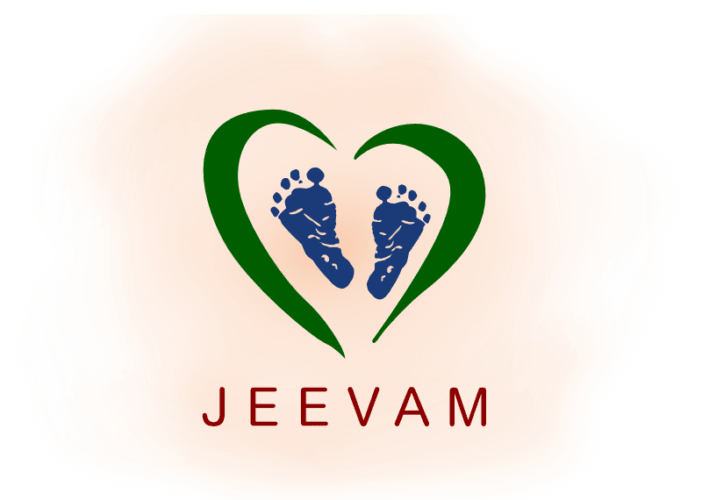
Exercise has been proven to be very helpful for people with heart conditions/problems. This is true, however with a few precautions to consider while engaging in any physical activity. There are specific exercises that one with heart conditions should avoid as it may not be a part of their rehabilitation program.
What exercises can I perform with my heart condition?
Patients with heart conditions follow the guidelines provided by a physician. Physicians can provide you with a rehabilitation protocol with exercises specialized to your condition. It is helpful to ask your physician if you are allowed to perform exercises before starting any exercise regime.
One of the safer options of exercise according to MedlinePlus includes aerobic exercises. These are exercises that involve you using your heart and lungs for a long period of time. The exercises include swimming, walking, light jogging, and biking. Patients can do these up to three to four days a week. You can also try resistance training to help strengthen your muscles, however, they do not help your heart as aerobic exercises do.
Precautions to take
While exercise has been proven to help with heart conditions, it is necessary to watch out for symptoms while exercising. . Few of the symptoms to watch out for include: dizziness, chest pain, irregular heartbeat, shortness of breath, and nausea. When these symptoms occur, it is important to note down when these symptoms occur and during what activity. It is also helpful to contact your physician when these symptoms occur. If these symptoms persist for a long time, it is best to go see your physician or call the emergency services. With a heart condition, you are also advised to not perform any exercise which involves lifting heavy objects as it can put a lot of pressure.
Tips for exercising
There are a few things to keep in mind when exercising that can help prevent any heart problems to increase. One of the things patients can do is to keep track of their heart rate throughout the day, especially during their workout. Wearing an apple watch or fit bit can help keep track of the heart rate and any fluctuations that may occur during a workout. Watches that monitor the heart rate can also alert the patient when their heart rate is over a normal level.
Another big thing to keep in mind is that it is important to take baby steps in the process. Once you are cleared by your physician to exercise, you must start slowly and not jump into any intense exercise regime. This can be very dangerous for someone with a heart condition, therefore, pacing your exercise regime is better.
It is also beneficial for patients with heart conditions to learn the proper ways of lifting objects. Lifting objects incorrectly can place a lot of pressure on the body and the heart. Learning how to use the right muscles while lifting can prevent injuries and allow you to do your daily activities. Patients should also consider using safer methods of exercise in their routine. Standing exercises may be more beneficial for a heart patient than ones laying down. According to Harvard Health, spending more time standing can blood sugar, cholesterol, and weight which can overall decrease the risk for heart disease. Performing Isometrics can be beneficial once your physician progresses and clears you to perform them. You should only perform isometrics under supervision at your rehabilitation clinic.
How can Physical Therapy help me?
Physical Therapy can benefit heart patients with heart disease by helping them find a rehab regime that fits their needs. In Physical Therapy, patients can find individualized programs that help with underlying conditions. For heart patients, it is crucial to take into consideration any exercise modifications. In this case, physical therapy can help you with your injuries/pain while taking into consideration the limitations that might come with heart conditions. Here at Jeevam Therapy, our certified physical therapist create a customized program for heart patients to keep them safe during their rehabilitation journey. At Jeevam Therapy you receive the one-on-one care that is needed for heart patients.
Tags: exercise, physical therapy, heart conditons, heart problems, precautions, rehabilitation




